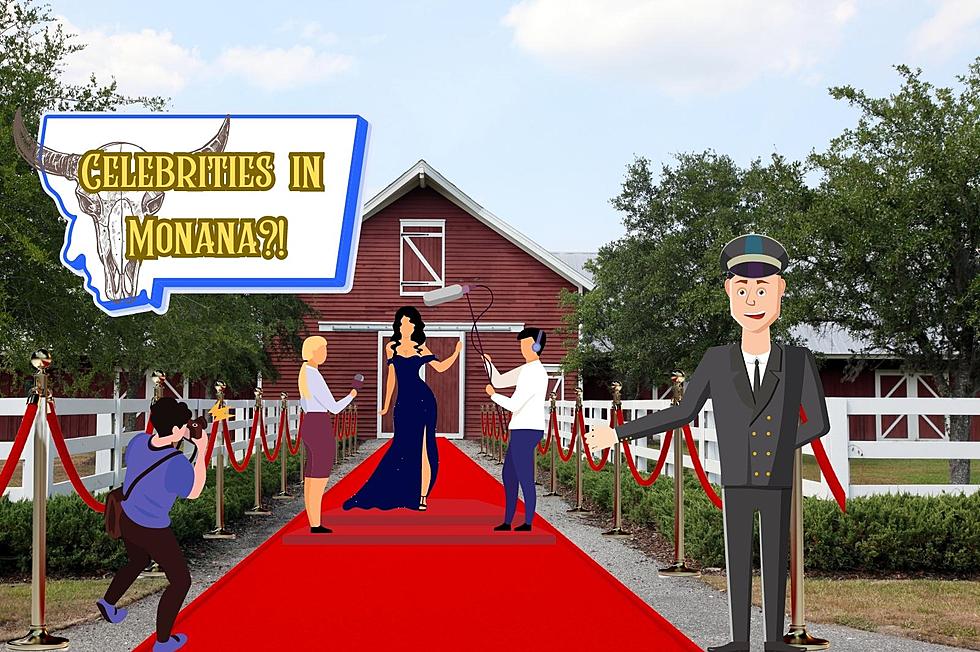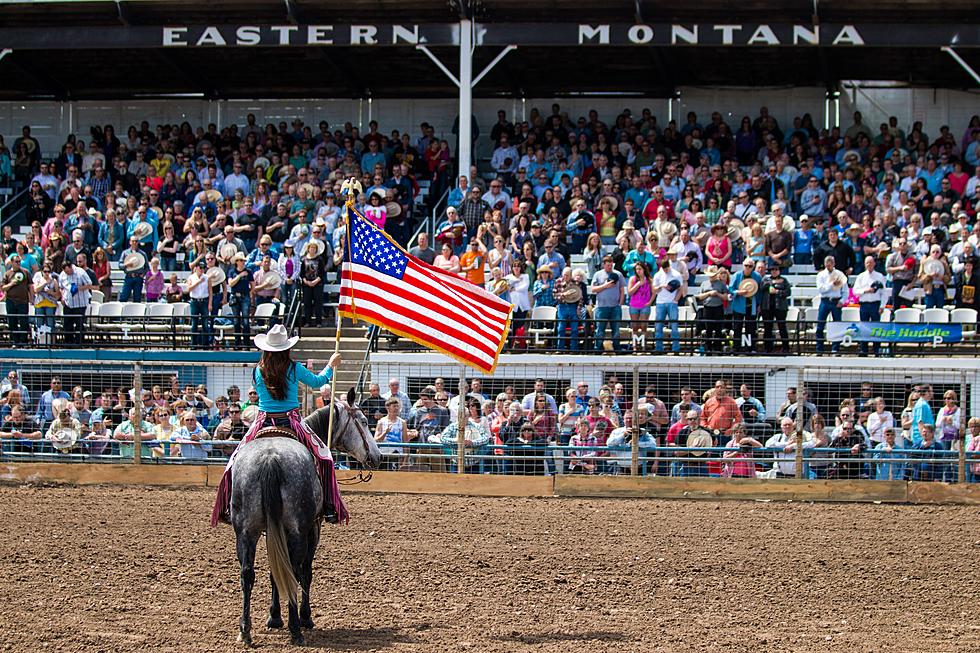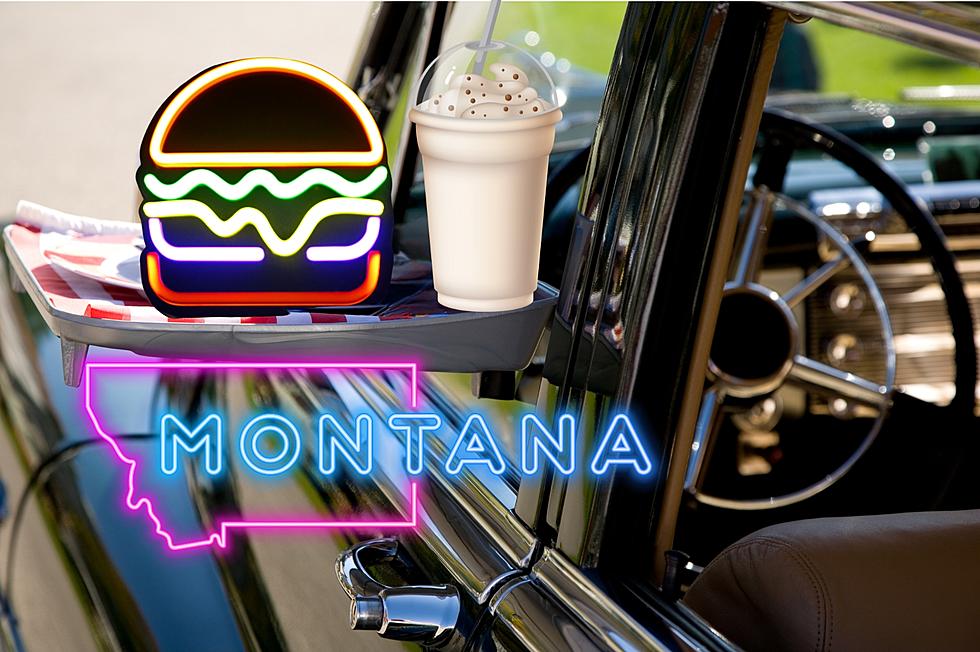
Friday Fun Facts About Debates
This week we witnessed the third Republican Presidential Debate. More news was made about the moderators than news about the candidates.
Debates have been with us since the first two people were able to communicate verbally with each other.
Here are a couple of fun facts about the debate process that you might not have been aware of.
Fun Facts About Debates
- If you have read anything at all written by the founders you discovered their command of the language was at a much higher level than today’s college grad. Yale grads up until the 1830’s had to debate in order to receive their degree. Most all colleges had some form of debate class until the 1920’s.
- One of the most famous debates was the first televised debate between John F. Kennedy and Richard M. Nixon. Although Nixon lost the presidency that year he did prevail later in life. To my knowledge it’s the only debate where each man eventually gained the presidency.
- Chile, which had been in and out of the hands of various dictators, held it’s first presidential debate in 2005.
- Oberlin College holds the honor of creating the nations first all-woman debate team. They raised issues such as women’s suffrage in the 1860s.
- Debates are all about settling differences of opinions. You might make a case that public executions, protests, lynch mobs, and duels would fall into the debate definition. Debate seems safer.
- In 1789 James Madison and James Monroe both sought a Virginia Senate seat. They felt the need for debate was so important that they shared expenses touring the state to present their views to voters. Madison eventually won but Monroe was elected to the state legislature the following year.
- The famous Lincoln-Douglas debates took place in 1858 and the two were not running for president as most people think. They were both running for Senate seats. Lincoln lost the election but both men eventually ran for president later with Lincoln winning the presidency.
Some Final Thoughts
It’s very difficult to have a very structured debate between seven or eight people. Questions and time for each candidate are difficult to control.
But it’s our process. As the field is reduced then the debates should be more interesting and substantive.
Or maybe not.
Comments below.
More From KMMS-KPRK 1450 AM









